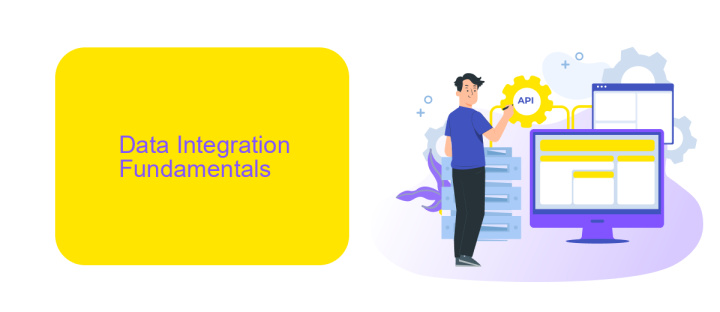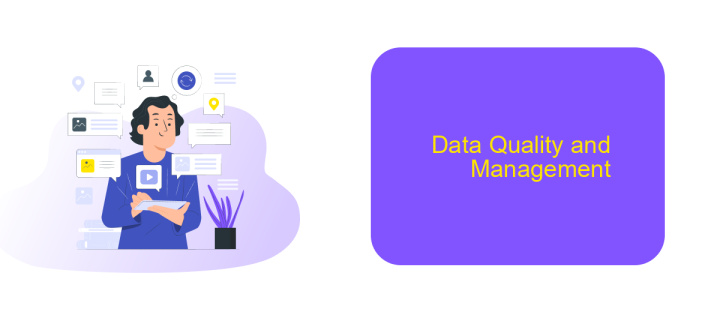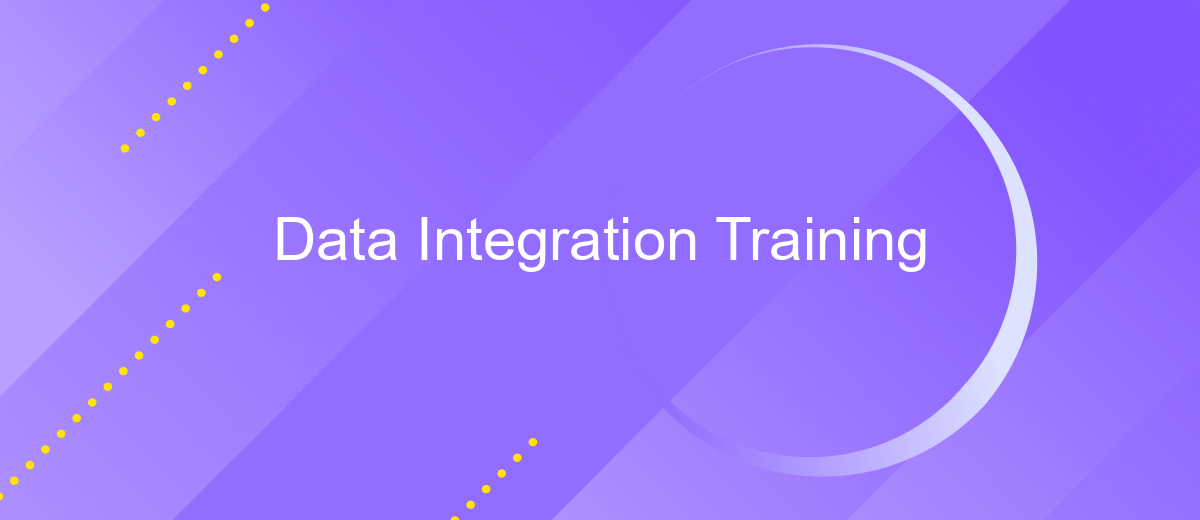Data Integration Training
In today's data-driven world, effective data integration is crucial for seamless business operations and informed decision-making. Our Data Integration Training program equips you with the skills and knowledge needed to efficiently combine data from various sources, ensuring consistency and accuracy. Join us to master the techniques and tools essential for optimizing your organization's data management processes.
Introduction to Data Integration
Data integration is a crucial process in modern businesses, enabling seamless communication and data flow between various systems and applications. This process ensures that data from different sources is combined, transformed, and made accessible in a unified manner, providing a comprehensive view of the organization's information landscape.
- Combining data from multiple sources
- Transforming data to meet specific requirements
- Ensuring data consistency and accuracy
- Providing a unified view of data
Effective data integration can be achieved through various tools and services, such as ApiX-Drive. ApiX-Drive simplifies the integration process by allowing users to connect different applications and automate data transfer without the need for coding skills. This service supports numerous platforms and provides a user-friendly interface to set up integrations quickly and efficiently, ensuring that your business operations run smoothly and data is always up-to-date.
Data Integration Fundamentals

Data integration is a crucial process for combining data from different sources into a single, unified view. It involves extracting data from various databases, applications, and systems, transforming it into a consistent format, and then loading it into a central repository. This enables organizations to have a comprehensive understanding of their data, leading to better decision-making and streamlined operations. Key components of data integration include data extraction, data transformation, and data loading (ETL), as well as data quality management and data governance.
Tools and services like ApiX-Drive facilitate data integration by providing automated workflows that connect various applications and systems without the need for coding. ApiX-Drive supports a wide range of integrations, allowing users to seamlessly transfer data between platforms such as CRMs, ERPs, marketing tools, and more. By leveraging such services, businesses can save time, reduce errors, and ensure data consistency across their operations. Effective data integration not only enhances data accessibility but also improves the overall efficiency and agility of an organization.
Integration Techniques and Best Practices

Effective data integration is crucial for ensuring seamless data flow across various systems and platforms. To achieve this, it is essential to employ robust integration techniques and adhere to best practices.
- Use APIs for real-time data synchronization between systems.
- Implement ETL (Extract, Transform, Load) processes for batch data integration.
- Ensure data quality and consistency through validation and cleansing.
- Utilize middleware solutions to facilitate communication between disparate systems.
- Leverage cloud-based integration platforms like ApiX-Drive for scalable and flexible integration solutions.
Adopting these techniques will help streamline data integration processes and improve overall data management. Platforms like ApiX-Drive can significantly simplify the setup and maintenance of integrations, allowing businesses to focus on leveraging their data for strategic decision-making. By following these best practices, organizations can ensure that their data remains accurate, timely, and accessible across all systems.
Data Quality and Management

Maintaining high data quality and effective management is crucial for any successful data integration process. Ensuring that data is accurate, consistent, and up-to-date helps organizations make informed decisions and achieve operational efficiency. Poor data quality can lead to errors, misinterpretations, and ultimately, flawed business strategies.
Effective data management involves a series of practices and tools that streamline the collection, storage, and utilization of data. One such tool is ApiX-Drive, a service that facilitates seamless data integration across various platforms. ApiX-Drive automates data transfers, reducing manual errors and ensuring data consistency.
- Regular data validation and cleansing
- Automated data integration using tools like ApiX-Drive
- Consistent data monitoring and auditing
- Implementing data governance policies
By incorporating these practices and leveraging tools like ApiX-Drive, organizations can maintain high data quality and efficient management. This not only enhances data reliability but also supports better decision-making and strategic planning. Ultimately, a robust data quality and management framework is essential for maximizing the value of integrated data.


Advanced Data Integration Techniques
Advanced data integration techniques involve leveraging sophisticated tools and methodologies to streamline and enhance the process of combining data from various sources. One such technique is the use of ETL (Extract, Transform, Load) processes, which automate the extraction of data from different databases, transform it into a suitable format, and load it into a data warehouse. This ensures that data is consistent, accurate, and readily available for analysis. Additionally, techniques like data virtualization allow users to access and query data without needing to move it, providing real-time insights and reducing latency.
Another critical aspect of advanced data integration is the use of integration platforms as a service (iPaaS) such as ApiX-Drive. ApiX-Drive simplifies the integration process by offering pre-built connectors for various applications, enabling seamless data flow between systems. It supports real-time data synchronization, which is crucial for maintaining up-to-date information across platforms. By automating these integrations, businesses can reduce manual efforts, minimize errors, and focus on deriving actionable insights from their data.
FAQ
What is Data Integration Training?
Why is Data Integration important?
What skills will I gain from Data Integration Training?
Are there any tools recommended for Data Integration?
Who should attend Data Integration Training?
Apix-Drive is a universal tool that will quickly streamline any workflow, freeing you from routine and possible financial losses. Try ApiX-Drive in action and see how useful it is for you personally. In the meantime, when you are setting up connections between systems, think about where you are investing your free time, because now you will have much more of it.

